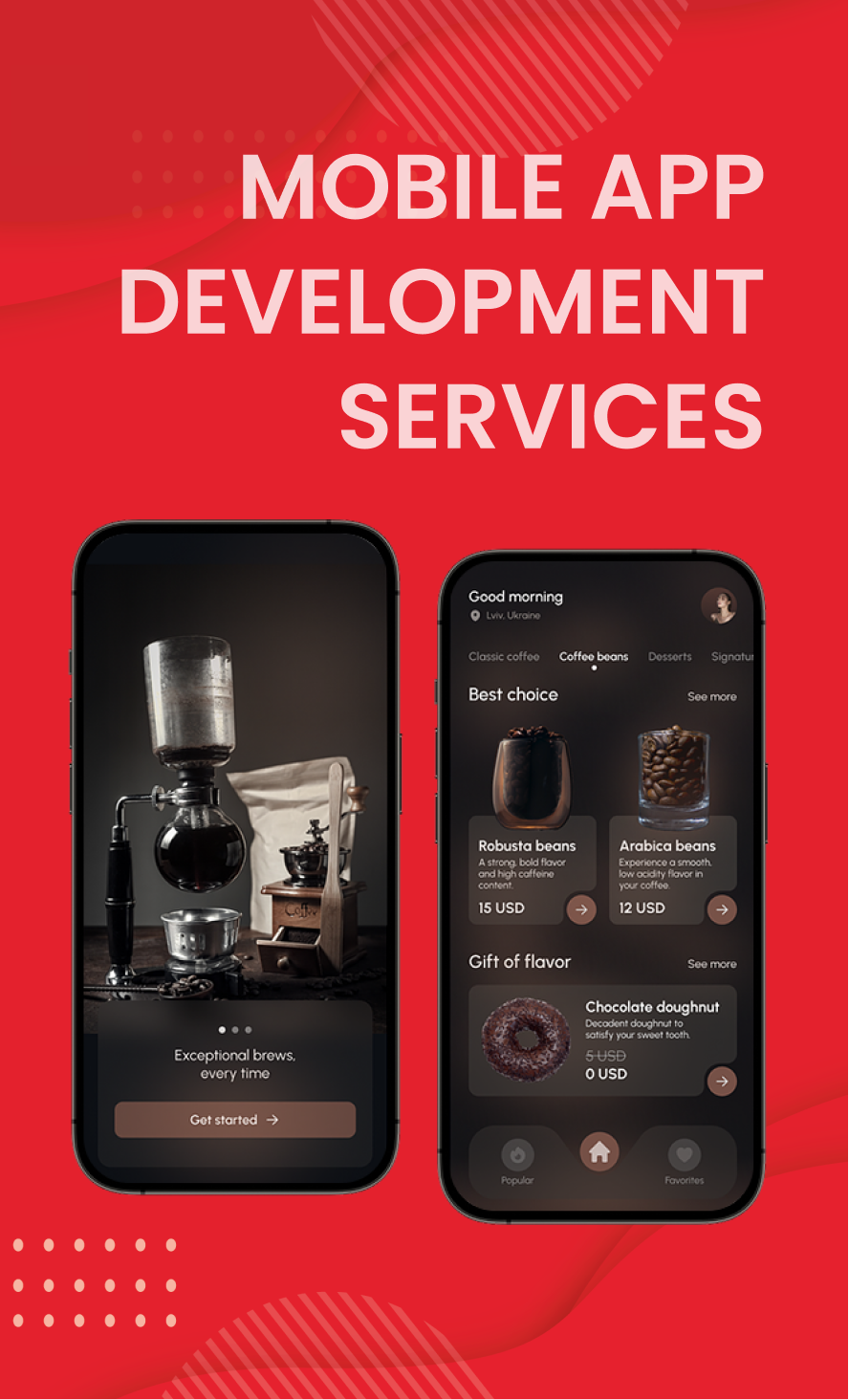The ADVN Blog - Where we inspire business
Where you learn TechNews
News & Insights
Articles and updates on mobile, web, enterprise software, and e‑commerce.
Pros and Cons of Cross-Platform App Development
April 23rd ,2023

In the ever-evolving world of app development, businesses are faced with the challenge of reaching users across multiple platforms.
Cross-platform app development has emerged as a viable solution, enabling businesses to build apps that can run on various operating systems using a single codebase. This approach offers advantages such as cost-effectiveness and faster time to market. However, it also comes with limitations that need to be carefully considered. In this blog post, we will delve into the pros and cons of cross-platform app development. By understanding these factors, businesses can make informed decisions when choosing their app development strategy and achieve their goals effectively.
Pros of Cross-Platform App Development
1. Code Reusability and Time Efficiency
One of the significant advantages of cross-platform app development is code reusability. By using a single codebase, developers can write once and deploy the app across multiple platforms. This approach saves development time and effort as there's no need to create separate codebases for each platform. It streamlines the development process, leading to faster time to market.
2. Cost-Effectiveness
Cross-platform app development can be more cost-effective compared to native app development. With a single codebase, businesses can save on development costs, as they don't need to hire separate development teams for different platforms. The shared codebase also reduces maintenance and updates costs in the long run.
3. Wider Reach and Audience
By developing a cross-platform app, businesses can reach a wider audience. The app can be deployed on multiple platforms, including iOS and Android, covering a broader user base. This widens the potential market and increases the chances of user acquisition, customer engagement, and business growth.

4. Consistent User Experience
Cross-platform frameworks often provide tools and features that enable developers to maintain a consistent user experience across different platforms. Users can expect a similar look and feel, functionality, and overall experience, regardless of the device or operating system they use. This consistency enhances brand identity and user satisfaction.

Cons of Cross-Platform App Development
1. Limitations in Platform-Specific Features
Cross-platform app development may have limitations when it comes to accessing platform-specific features. Native apps, developed specifically for a particular platform, have the advantage of leveraging all the latest features and capabilities offered by that platform. Cross-platform apps may not have the same level of access, which can restrict the app's functionality and user experience.
2. Performance Challenges
While cross-platform frameworks have improved over time, they may still face performance challenges compared to native apps. The abstraction layer introduced by cross-platform frameworks can impact the app's speed, responsiveness, and efficiency. Developers need to carefully optimize the code and leverage platform-specific optimizations to achieve satisfactory performance.

3. Framework Limitations and Learning Curve
Each cross-platform framework has its own set of limitations and constraints. Developers may face challenges when dealing with complex app requirements or trying to implement certain advanced functionalities. Additionally, there might be a learning curve associated with adopting a specific cross-platform framework, which requires time and resources for skill development.
4. Dependency on Framework Updates and Support
Cross-platform app development relies heavily on frameworks, and businesses are dependent on the framework's updates and ongoing support. If a framework becomes outdated or loses support, it can lead to compatibility issues, security vulnerabilities, and difficulties in maintaining the app in the long term.
Conclusion
Cross-platform app development offers several advantages, including code reusability, cost-effectiveness, wider reach, and consistent user experience. However, businesses need to carefully consider the limitations, such as platform-specific feature limitations, performance challenges, framework limitations, and dependencies. These factors should be weighed against the project requirements, budget, timeline, and target audience. By making informed decisions and leveraging the strengths of cross-platform app development while addressing its limitations, businesses can create successful and efficient apps that cater to a broader user base and achieve their desired business outcomes.Related Blog Posts
Best Practices for Optimizing Mobile App Performance
May 29th, 2023
The Evolution of Programming Languages
May 20th, 2023





